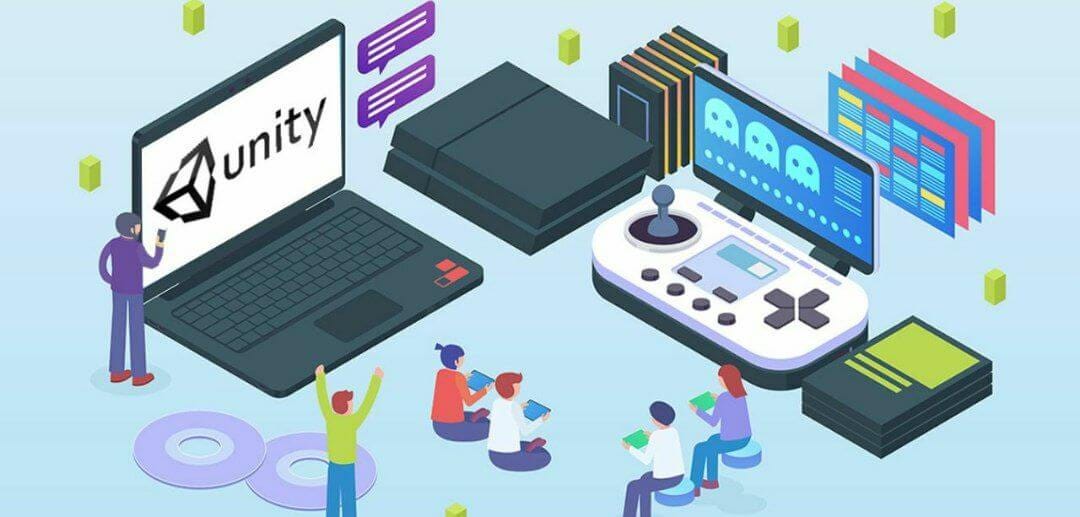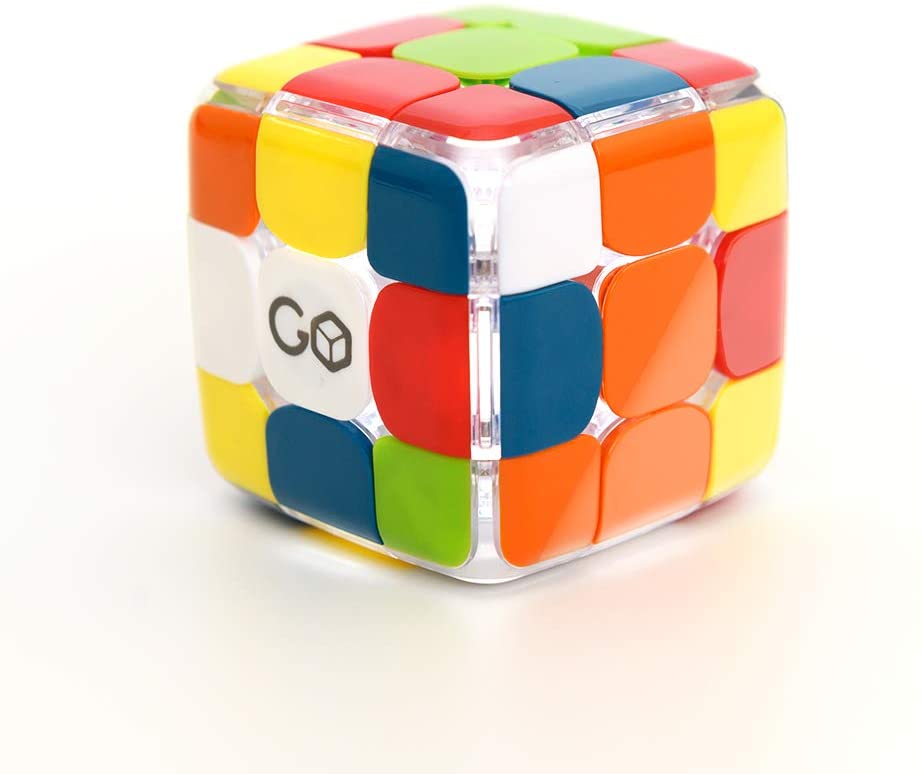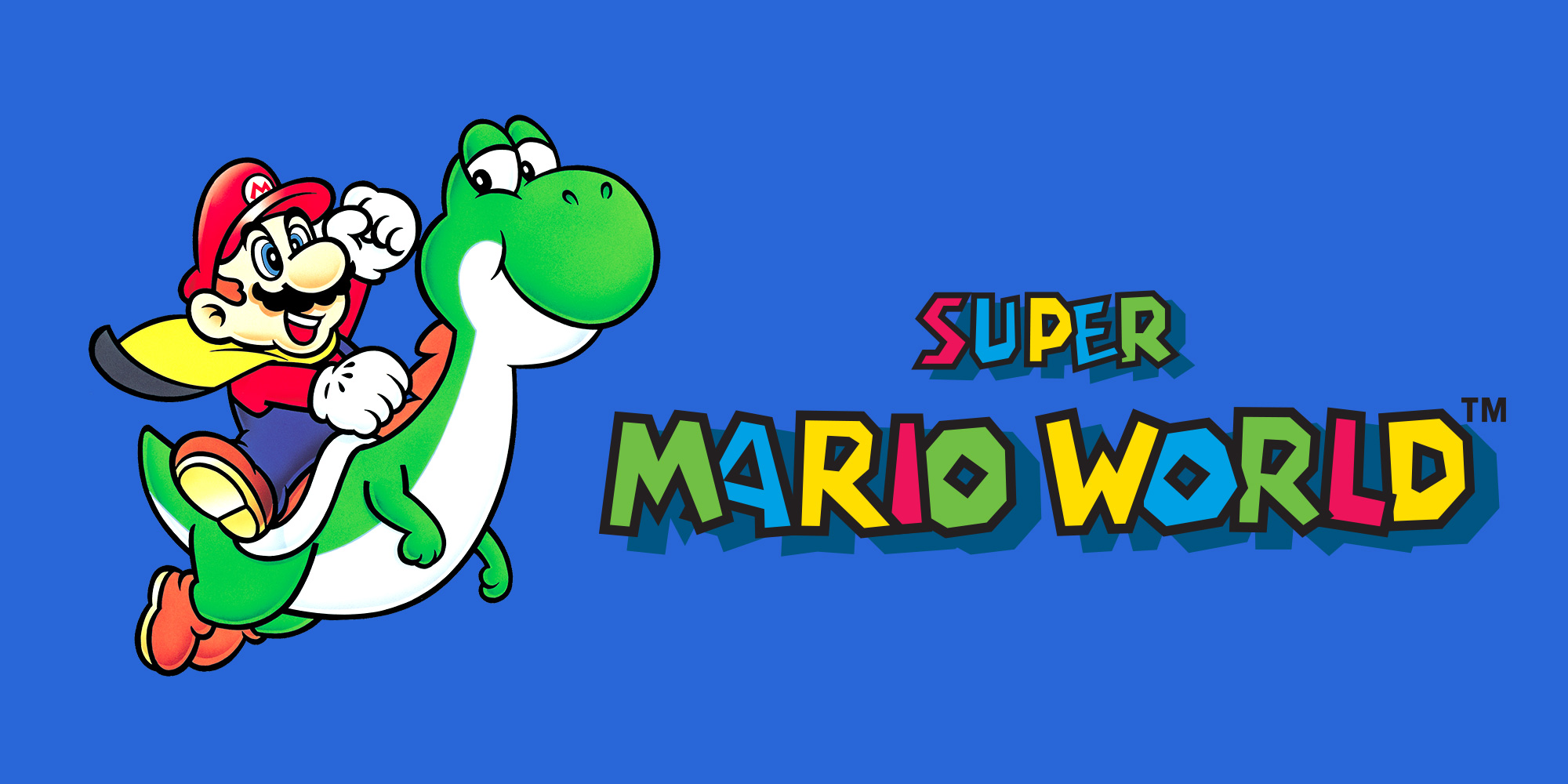Game development can often be a long and arduous process, with teams working against tight deadlines to deliver something innovative and exciting. Having a productive and focused team is essential, yet this is easier said than done when working on complex projects. To help maximise productivity, team leaders should implement various strategies focused on organisation, communication and maintaining motivation. A well-designed training plan template, for example, can provide structure for getting new team members up to speed as well.
Establish Clear Goals and Processes
Having clear goals and agreed processes are key for keeping everyone aligned and minimising friction. Before starting work, the team lead should define the vision, objective and final deliverables for the project. Breaking down the development roadmap into smaller milestones makes things more manageable. Daily standups can provide opportunities to re-confirm priorities and discuss any blockers. Team leads should also establish agile processes for version control, testing, bug tracking and other key aspects early on.
Optimise Team Structures
The composition and structure of the team can impact how efficiently they work together. Specialist roles should be well-defined so that tasks are delegated appropriately. However, some crossover between disciplines can enable better collaboration and problem solving. The lead designer, programmer and artist should work closely to realise the creative vision. Pair programming techniques could even be used for certain tasks. Remote team members can stay connected through video calls and screen sharing. Just be wary of teams becoming too large, which adds communication overhead.
Encourage Open Communication
With any creative endeavour involving many stakeholders, open communication and transparency is vital. Team members should feel comfortable voicing concerns early so that roadblocks can be addressed quickly. Daily standups provide one channel for updates, as do instant messaging apps. Some teams hold weekly retrospectives to review progress and share feedback on processes. Occasional offsite social events can also strengthen connections between remote staff. Just ensure communication remains respectful and constructive at all times.
Make Time for Innovation
Innovation and creativity should not be an afterthought – make time for it within the schedule. Without innovative ideas, games lack differentiation and players quickly lose interest. Allow developers 10-20% of their time to experiment with new concepts or tools. Prototyping jam sessions can generate exciting experimental features. Beware over-planning everything which stifles creative thinking. Still, there should be a balance – too much unchecked creativity with no deadlines causes problems also.
Prevent Crunch Time
Crunch time and overwork should not be seen as a normal part of game development. While occasional overtime spices are sometimes unavoidable, prolonged periods of crunch will burn out staff and damage morale. Review the schedule regularly and be realistic about workloads. If certain deadlines look unfeasible, have an open discussion about shifting priorities and milestones. Outsource non-critical tasks if needed to ease pressure on the core team. Leaders should also model good work-life balance themselves. Crunch diminishes returns – rested and happy staff are productive staff.
Make It Fun
At its heart, game development is about creativity and fun. While there are pressures and deadlines, don’t lose sight of this. Celebrate milestones together as a team – this creates shared experiences and memories. Friendly competition can motivate, so long as it does not become negative. Explore ways to create a fun workspace too, whether it is unfussy areas for relaxation, entertainment or decorative touches. Staff who enjoy their work environment and colleagues will be much more engaged. Just ensure the social aspects do not overly distract from work.
Provide the Right Tools
Having intuitive, streamlined tools makes development much smoother for programmers, artists and designers alike. Substandard software or workflows hamper staff and reduce motivation. Research which engines, programs and frameworks best suit the project. Invest in quality hardware. Set up tools and pipelines early on to avoid frustrations later down the track. Provide training and support to get team members up to speed quickly. Tools should save time rather than create headaches. Automate repetitive development tasks wherever possible too.
Reward and Recognition
Beyond competitive salaries and benefits, teams also thrive through thoughtful reward and recognition programs. Individual and team accomplishments should be regularly acknowledged. Even small gestures like peer bonuses or shoutouts can boost morale. For major milestones, consider team trips or events as a token of appreciation. Just avoid monetary rewards that inadvertently encourage crunch. The focus should be on acknowledging good work, not pressuring longer hours.
Highly productive and focused game development teams do not happen by accident. It requires careful planning around team structures, processes, schedules and tools. With the right strategies focused on organisation, communication and maintaining motivation, studios can achieve great things together, even against tight deadlines. Just don’t forget to make time for creativity and fun too.










![[Rumor] Chrono Trigger remake or remaster could already be in development](https://vgleaks.com/wp-content/uploads/2026/02/chrono-trigger-150x150.jpg)


